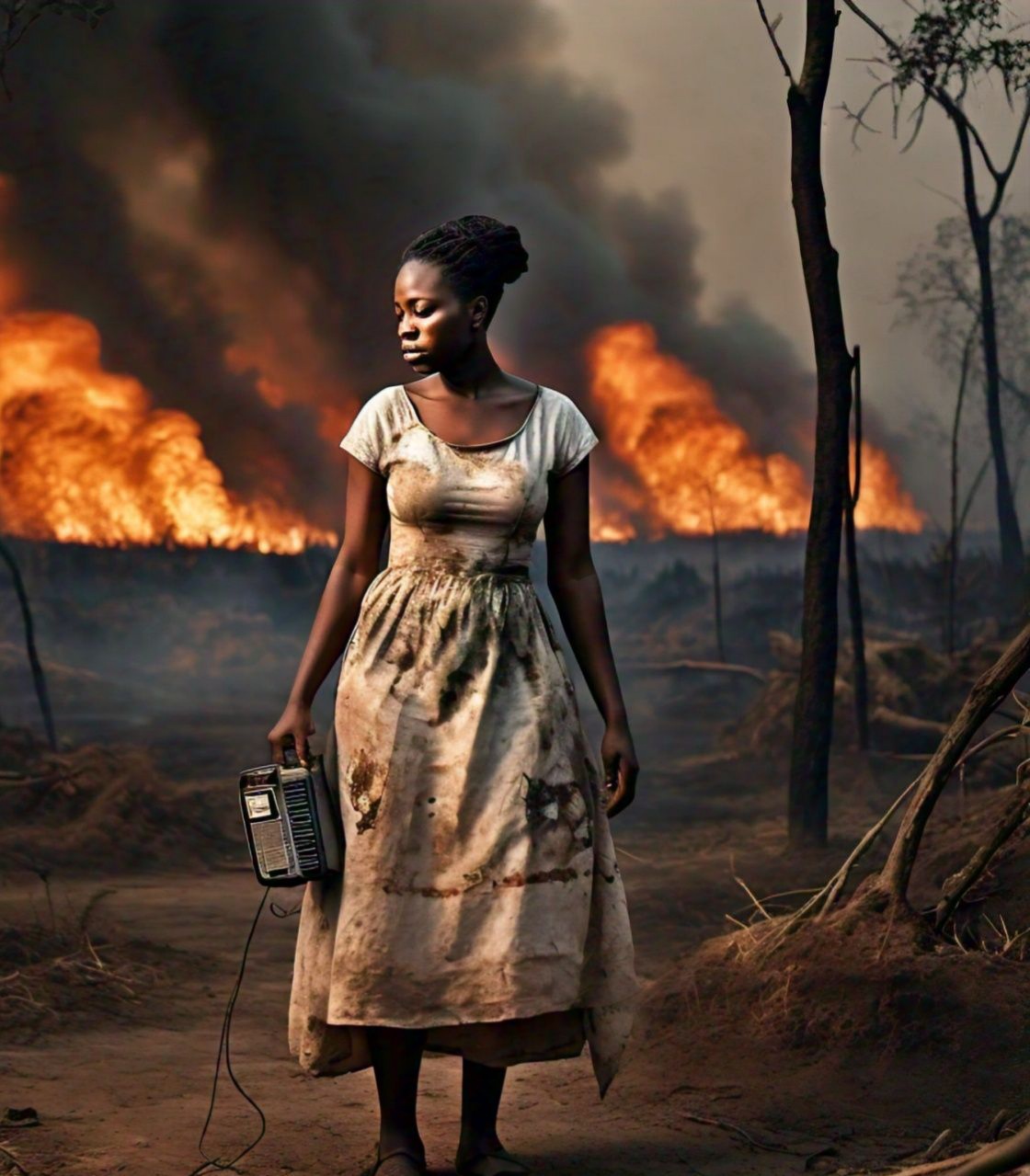On World Press Freedom Day 2024, we highlight the critical theme “A Press for the Planet: Journalism in the Face of the Environmental Crisis.” This theme is particularly important for women, who are disproportionately affected by the environmental crisis and often silenced by a lack of access to media and resources.
Press freedom is the cornerstone of a healthy democracy, and a free press is essential for holding those in power accountable for their actions. However, the environmental crisis poses a significant threat to press freedom, particularly for marginalized communities. Women in rural areas, such as Silobela and Zhombe, are often the most vulnerable to the impacts of climate change, including droughts, floods, and land degradation.
The environmental crisis exacerbates existing gender inequalities, with women facing increased burdens of care work, limited access to healthcare, and heightened risk of gender-based violence. The lack of media access and representation further marginalizes women, silencing their voices and perpetuating their invisibility.
The nexus between media, climate change, and the environmental crisis is complex and multifaceted. Media plays a crucial role in shaping public opinion, influencing policy, and amplifying marginalized voices. However, the environmental crisis is often underreported, and women’s voices are rarely heard. This perpetuates a cycle of silence and disempowerment, allowing environmental degradation and gender-based violence to continue unchecked.
To break this cycle, we must prioritize women’s voices and perspectives in environmental reporting. This includes:
– Supporting independent media outlets and local journalists who report on environmental issues affecting women
– Promoting media literacy and critical thinking to combat disinformation and misinformation
– Encouraging diverse and inclusive storytelling, highlighting women’s experiences and perspectives
– Advocating for policies and laws that protect press freedom and ensure access to information
– Collaborating with environmental organizations and community groups to amplify women’s voices
In rural areas like Silobela and Zhombe, this means supporting community radio stations and local newspapers that report on environmental issues affecting women. It means training women journalists and providing them with resources and mentorship. It means amplifying women’s stories and perspectives through social media and other platforms.
By working together, we can create a press that truly serves the planet and its people, particularly women. We can build a sustainable future that prioritizes gender equality, environmental justice, and press freedom. On this World Press Freedom Day, let us commit to amplifying women’s voices and promoting a press that is truly for the planet.
